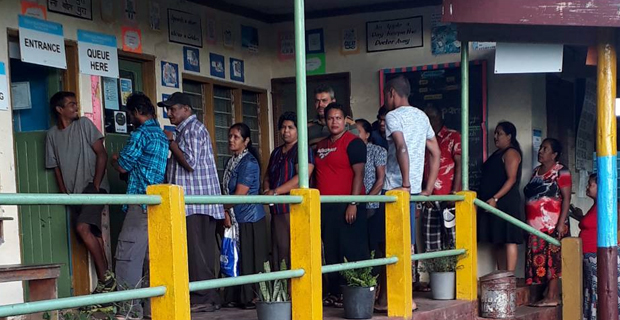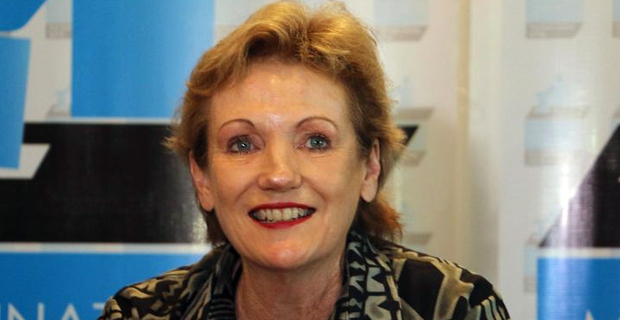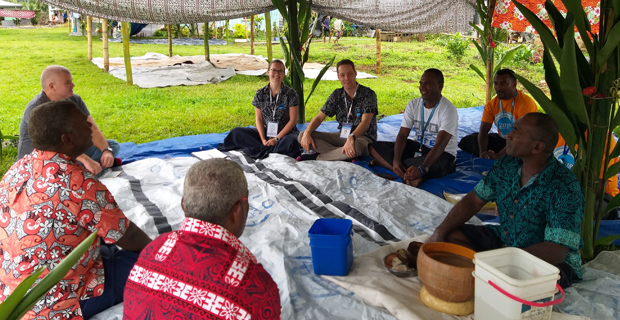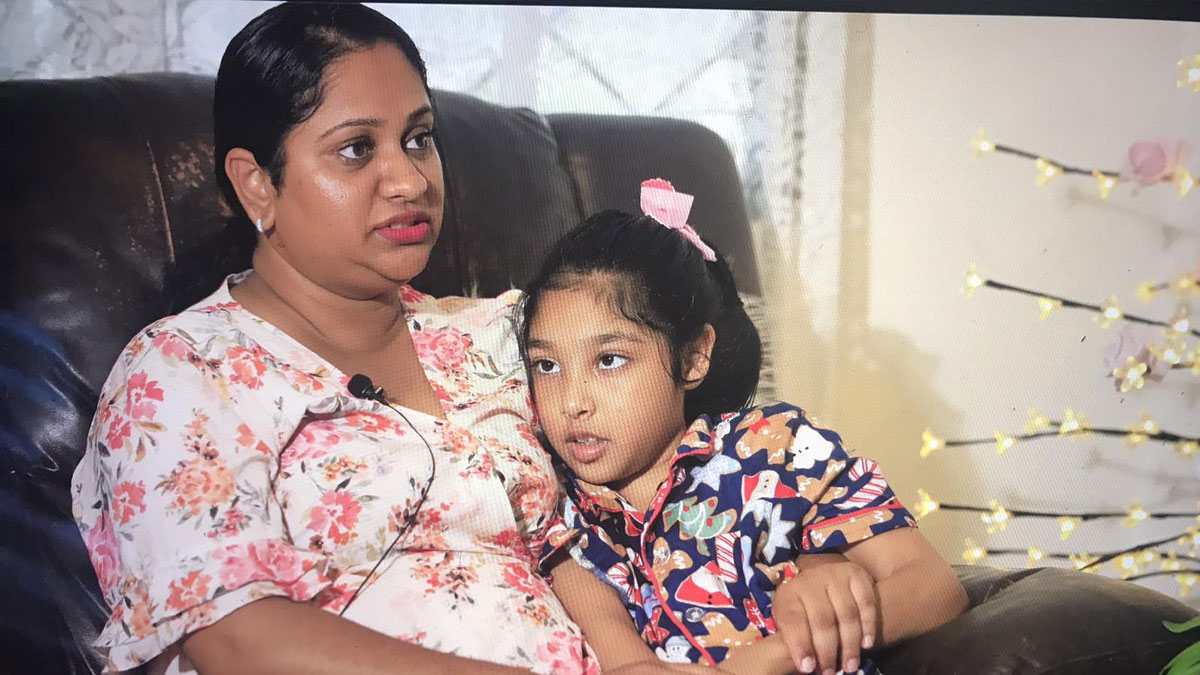
The Multinational Observer Group for the 2018 general election has released its final report that the election was well‑administered, with voting and counting transparent and credible.
Co‑chaired by Wajid Fauzi from Indonesia, Jane Prentice from Australia and Mukesh Sahu from India, and supported by more than 70 observers from ten countries, the Pacific Islands Forum Secretariat and the Melanesian Spearhead Group, the Multinational Observer Group says it observed a wide range of electoral processes and consulted extensively with key stakeholders.

Multinational Observer Group co-chair Jane Prentice
The report states that the security environment was peaceful and the campaign competitive.
It says that the conditions overall supported Fijians to exercise their right to vote freely and the outcome broadly represented the will of the voters.
The report outlines the group’s findings and offers 21 recommendations to improve the effectiveness of future elections in Fiji.
The Multinational Observer Group has recommended that Fiji develops guidelines for the conduct of Ministers, Members of Parliament and the bureaucracy when the government is in caretaker mode to reinforce public confidence in a level electoral playing field.

Multinational Observer Group speaking with community leaders in Burelevu during the 2018 general elections
They say they also require parties to report campaign expenditure following an election and consider setting campaign expenditure limits.
The group states that it also wants Fiji to clarify the start and finish of the campaign period so that stakeholders understand their rights and obligations during this time.
The group says in the report that a consistent message from voters and other stakeholders during their consultations was that they would like to see party identification in official election material. The group says it agrees that this inclusion would be useful for voters and help make election material clearer to understand.
The group is also recommending a review of the provisions in the Political Parties Act regarding restrictions on public officers joining political parties.
The report also includes recommendations that cover voter education activities and mechanisms to support civil society playing a greater role in electoral processes. It also proposes a review of the media regulatory framework both during the ‘blackout’ period before polling and during the broader electoral cycle.
Co‑Chair Sahu outlined some of the group’s recommendations, noting that democracy is an ongoing process of learning and building.
Sahu says the Electoral Commission plays a central role in Fiji’s electoral system, and they have recommended that it be provided with greater resources to deliver on its mandate more effectively.
They believe measures to strengthen the Commission’s capacity and transparency will help build greater understanding of the Commission’s role and the electoral system, as well as build further trust among stakeholders and with the electorate.
Supervisor of Election Mohammed Saneem has welcomed the overall comment of the report.
Saneem will make a full statement later.
Stay tuned for the latest news on our radio stations

